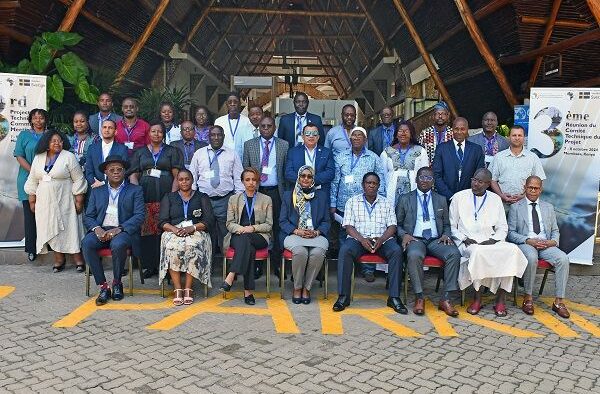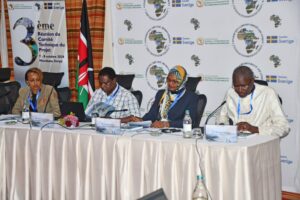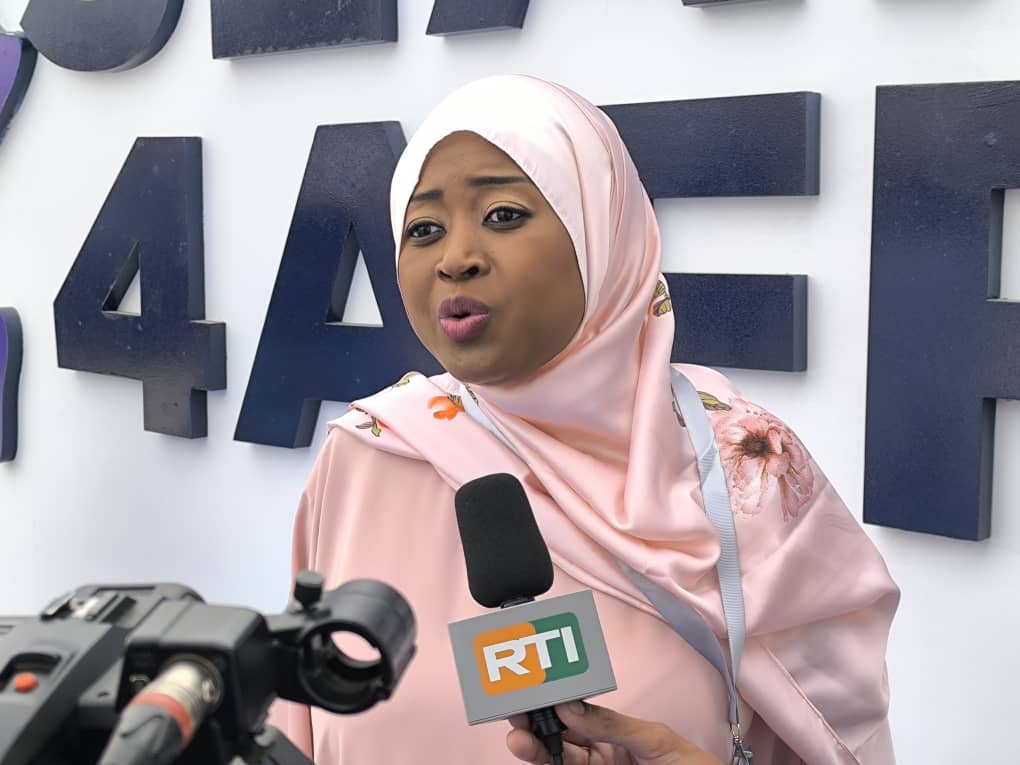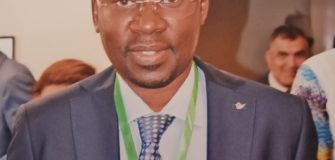African Union: Safeguarding Aquatic Biodiversity for a Sustainable Blue Economy in Africa
Share

The 3rd meeting of the Project Technical Committee (PTC) for “Conserving Aquatic Biodiversity in Africa’s Blue Economy” took place from 7 to 8 October in Mombasa, Kenya, bringing together a diverse group of stakeholders to review project achievements and plan for future interventions.
Led by the AU-IBAR, the project aims to safeguard aquatic biodiversity and support Africa’s blue economy. Dr. Salih, Director of AU-IBAR, emphasized the importance of aquatic biodiversity for food security, livelihoods and the continent’s economic stability.
FAO, WIOMSA, UNEP’s Abidjan and Nairobi Conventions, Regional Fisheries Bodies, Regional Economic Communities, IUCN, WWF, KMFRI and other partners have collaborated to achieve important milestones, including raising awareness, strengthening institutional capacities, and promoting transboundary processes for aquatic biodiversity management.
Ms. Beza Berhanu from Swedish International Development Cooperation Agency (SIDA) commended the project’s work, stressing the importance of environmental protection for improving livelihoods, but acknowledged challenges posed by overfishing, climate change, and pollution.
Dr. Ndiaga Gueye from FAO highlighted the need for concerted efforts to preserve aquatic biodiversity, as fisheries depend on healthy ecosystems.
The meeting focused on progress made in marine spatial planning (MSP), establishing marine protected areas, and improving monitoring, control and surveillance systems. The project has also developed strategies to combat plastic pollution.
Despite these achievements, Africa’s aquatic ecosystems continue to face challenges from climate change, habitat loss, and pollution. Overfishing threatens the resource on which millions depend for food and employment.
 The PTC recommended extending the project into a second phase, consolidating remaining activities during a no-cost extension period. It also underscored the importance of providing alternative livelihoods for vulnerable communities, supporting artisanal fisheries, and prioritizing socio-economic benefits for women and youth.
The PTC recommended extending the project into a second phase, consolidating remaining activities during a no-cost extension period. It also underscored the importance of providing alternative livelihoods for vulnerable communities, supporting artisanal fisheries, and prioritizing socio-economic benefits for women and youth.
The meeting reaffirmed the project’s commitment to safeguarding aquatic biodiversity and fostering sustainable livelihoods and inclusive economic growth in Africa’s blue economy. The recommendations will be presented to the project’s Steering Committee meeting on 9 October 2024.
Source: AU-IBAR

















